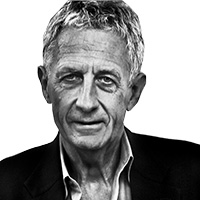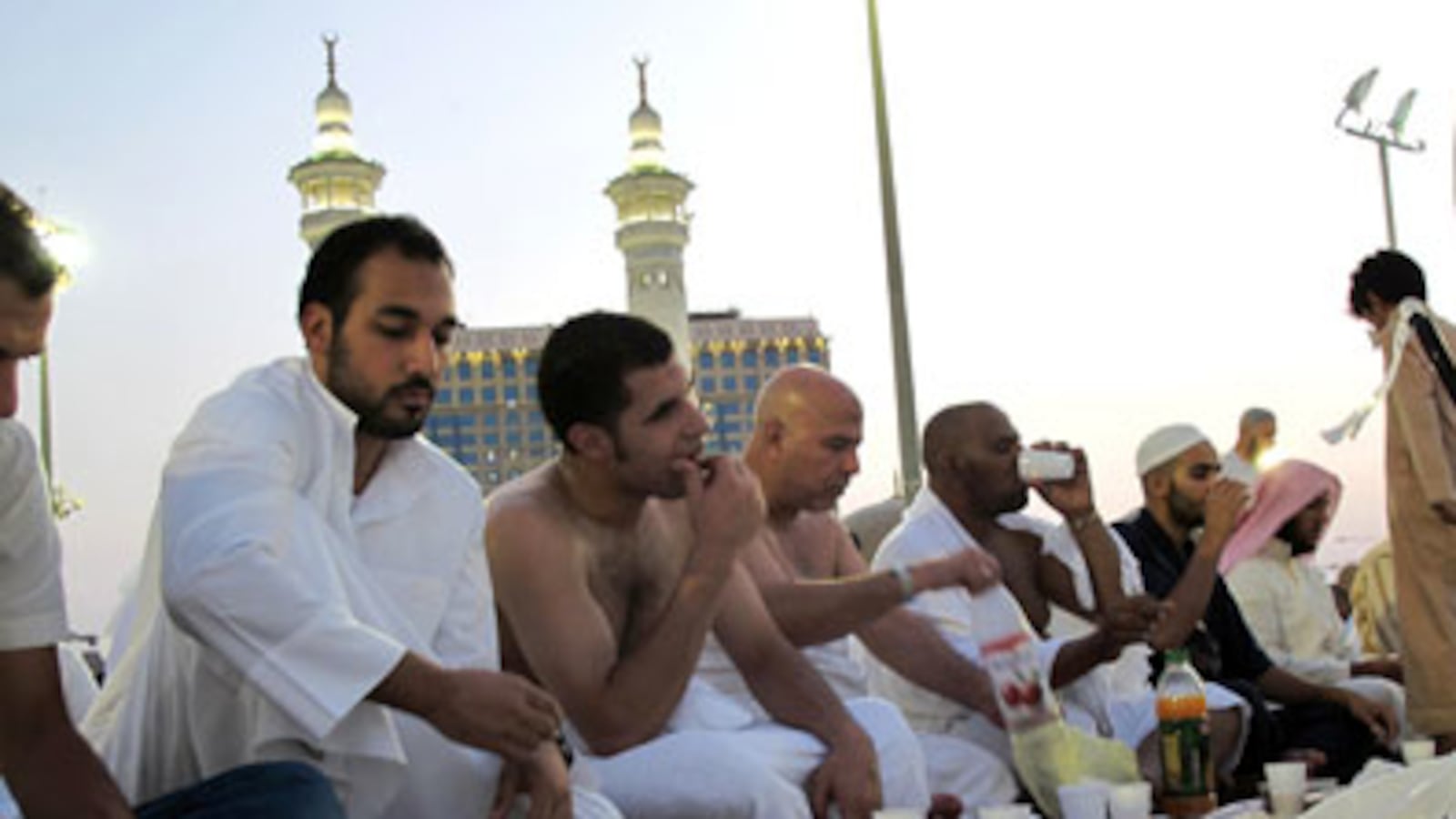Nine years on, the 9/11 attacks can only evoke bitter memories for America. But it is already clear that 9/11 was a very good thing for Saudi Arabia. Fifteen of the 19 hijackers who flew into the Twin Towers, the Pentagon, and a field in Pennsylvania were Saudis, disgruntled young men drafted by Osama bin Laden in what was essentially a Saudi quarrel fought out on American soil. Foiled in his attempts to bring down the “near enemy”—the “Sheikhs of Satan” as al Qaeda described the Westernizing princes of the House of Saud—Bin Laden targeted the “far” enemy, the Al-Saud’s mighty patron across the Atlantic, where security, he correctly divined at that date, was more lax.

Bin Laden and his followers were the products of the traditional, inward-looking Saudi education system—a poisonous brew of intolerance, priggishness, and a lethal contempt for the value of non-Wahhabi life. The nation’s history was recounted as a jihad, or holy war, in which victory was secured through a series of blood-stained massacres by the fanatical Ikhwan, or Brethen, of Nejd (central Arabia)—an early 20th-century version of the Taliban.
Oil wealth had compounded the isolationism and arrogance. The discovery and development of the largest oil reserves on earth was not credited to the American prospectors, engineers, and businessmen who did all the work, but to an almighty, Saudi-favoring God who placed the mineral wealth down there in the first place. Paradoxically, the money boom engendered a religion boom—and religion of a particularly blinkered and aggressive sort.
The Saudis are never going to say “sorry” for 9/11. But their change of behavior may be taken as some sign of remorse.
These were some of the challenges facing Abdullah bin Abdul Aziz, the de facto ruler of Saudi Arabia as the news of the September 11th attacks reached Riyadh. That very day the crown prince issued a statement of sympathy expressing Saudi horror at these actions “in conflict with our religious and civilized values.” But it soon became clear that most of the men whom Abdullah was denouncing were his own subjects, and that they had picked up their uncivilized values inside his kingdom.
It was to Abdullah’s credit that he realized this—almost alone and certainly ahead of many members of his family.
• Full coverage of the 9/11 anniversary“We must study what has happened,” he declared in a series of televised gatherings to which he summoned the religious sheikhs, the tribal leaders, the media, and the business community. “Something serious has gone wrong here, and we must try to put it right.” 9/11 gave Abdullah the chance to introduce the reforms that he had long wished to implement, and reform has been his theme ever since—in four years as crown prince, and the last five years as king. At 85 years old, this gruff, no-nonsense man knows that his time is running out and he is willing to take risks. To combat the core issue of religious fanaticism, he has not been afraid to sack retrograde clerics—his Chief Justice Saleh Al-Lahedan, for example, who called for the producers of “corrupting” TV soap operas to be killed—and he has initiated programs of national and interfaith dialogue. The last time I saw Abdullah, he was shaking hands with rabbis—albeit in Madrid: It will be some time before non-Islamic priests of any faith can be openly admitted to the land of Mecca and Medina.
By Western standards, women’s rights in Saudi also leave much to be desired, but they have made enormous strides since 2001. Soon after 9/11, the powerful interior ministry, run by Abdullah’s half-brother Prince Nayef, started issuing the first ever identity cards for Saudi women, thus making it immensely easier for women to carry out significant financial, legal, and social transactions. Previously, women were registered on their husband's or father's identity cards.
Since 2009, Saudi Arabia has had its first woman to hold ministerial rank, Norah Al-Faiz, as the deputy minister of education, and Saudi universities are offering degree courses for women in Islamic law, ready for the day, promised by Abdullah, when women will be able to practice in their own courts. Young women graduates are now the recruits of choice for many Saudi companies—they have a better work ethic than their more casual male equivalents. And, the ultimate practical test, young women who have a job now command a higher bride price than women who cannot contribute to the family budget.
Education has been the particular focus of Abdullah’s post 9/11 shakeup. School textbooks have been purged of their worst excesses—though critics say there is still a way to go—and thousands of teachers have been retrained. Experiments are under way to get boys and girls mixing in classrooms at kindergarten and junior school levels—and to show the importance that he assigns to the task, the king has entrusted the education ministry to his dynamic and progressive son-in-law, Prince Faisal bin Abdullah .
The model for the reforming monarch’s vision for his country lies 80 miles north of Jeddah, where female graduate students ride bicycles, drive cars, and take lessons alongside their male colleagues on the mixed-sex campus of KAUST—the King Abdullah University of Science and Technology—an outward-looking center of secular, fact-based research and learning that would have been inconceivable in Saudi Arabia just 10 years ago.
A woman on a bicycle may not seem a world-shattering development, but it symbolizes a shift of national direction that most observers judge to be genuine. The Saudis are never going to say “sorry” for 9/11. But their change of behavior may be taken as some sign of remorse.
Robert Lacey is the author of Inside the Kingdom , his book on Saudi Arabia out in paperback next month. Visit www.insidethekingdom.net to learn more.






